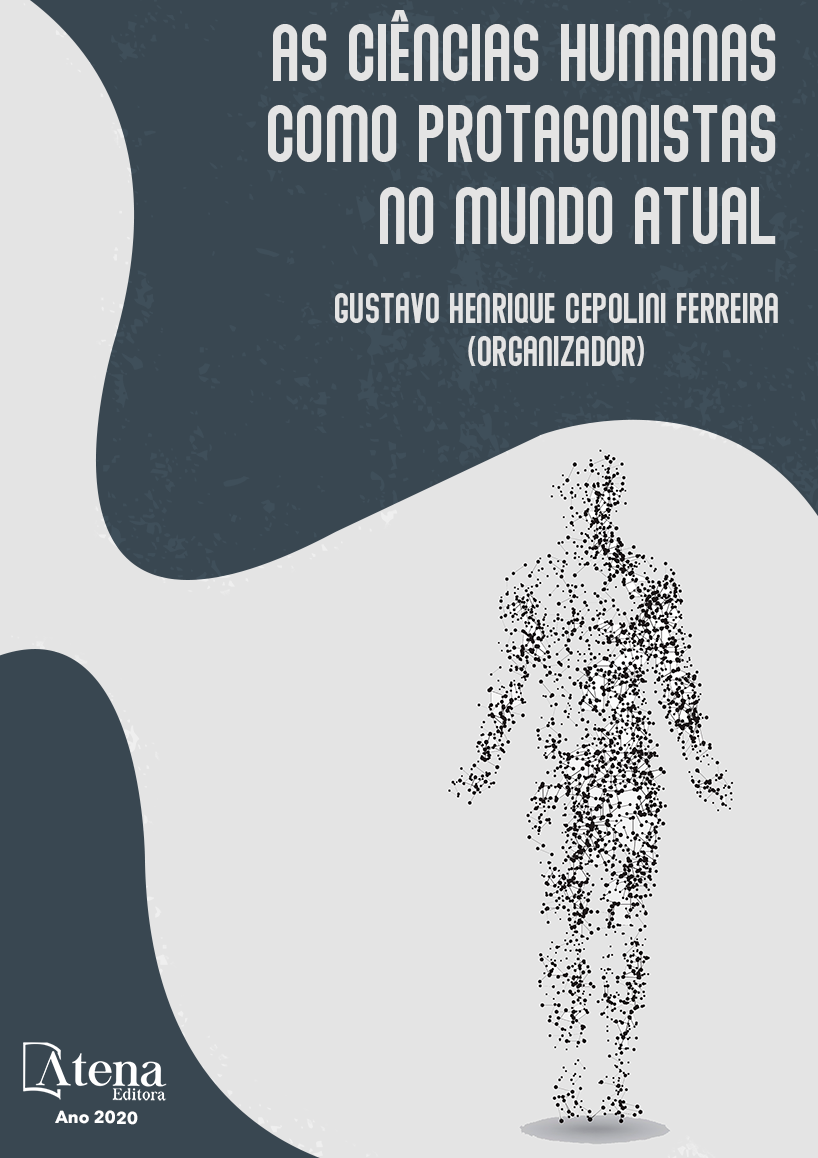
A DISPUTA DO POSITIVISMO E DA DIALÉTICA NA SOCIOLOGIA ALEMÃ: ALGUMAS CONSIDERAÇÕES.
A polêmica que iremos introduzir é a controvérsia que teve lugar no Simpósio de Tübinger realizado pela Sociedade Alemã de Sociologia em 1961. Trata-se do confronto de Popper e Hans Albert versus Adorno e Habermas. A raiz dos embates refere-se à existência ou não de dois modos legítimos e distintos de pensar o ser social, suas implicações sociológicas e ideológicas. Nosso objetivo é apenas identificar as premissas básicas que sustentam os principais argumentos das estruturas argumentativas utilizadas pelos contendores para defenderem suas teses e, ao mesmo, confrontarem as conclusões dos adversários, nos propondo a realizar uma análise de suas validades no plano da lógica formal. Ao final tecemos algumas considerações acerca da verdade de algumas premissas utilizadas. Nossa tese é que a dialética não se opõe à logica formal, faz uso de suas leis no nível da formalização da linguagem, pois, caso contrário, o pensamento ficaria comprometido, inconsistente, incoerente, contraditório. Por isso concordamos com Adorno quando este afirma que a dialética continua quando os limites da lógica formal para a explicação do real se manifestam, pois o positivismo, desde Comte, existe para afirmar o mundo como ele está conformado, mantê-lo, conservá-lo, e não transformá-lo. Não há como explicar a mudança, lhe escapa a contradição, o movimento. A realidade social é, dialeticamente, manutenção e mudança, sincronia e diacronia. Compreendendo a explosão contemporânea dos paradigmas, afirmamos a legitimidade da diversidade de teorias sociais como “bisturis” em que os enfoques e as distintas dimensões de objetos de pesquisa exigem para ser compreendidas. Em nosso viés, não prescindimos, na busca do conhecer, da tensão dialética entre totalidade e essência, pois entendemos a dialética como sendo o próprio movimento do pensamento e que se expressa em termos lógicos formais. Uma dialética processual em que a verdade não é dada, escondida, pronta ou acabada, mas devém.
A DISPUTA DO POSITIVISMO E DA DIALÉTICA NA SOCIOLOGIA ALEMÃ: ALGUMAS CONSIDERAÇÕES.
-
DOI: 10.22533/at.ed.57520220521
-
Palavras-chave: Dialética; Positivismo; Sociologia; Metodologia; Epistemologia.
-
Keywords: Dialectic; Positivism; Sociology; Methodology; Epistemology.
-
Abstract:
The controversy is that took place at the Tübinger Symposium held by the German Society of Sociology in 1961. This is the confrontation of Popper and Hans Albert versus Adorno and Habermas. The root of the clashes refers to the existence or not of two legitimate and distinct ways of thinking about the social being, its sociological and ideological implications. Our goal is only to identify the basic premises that support the main arguments of the argumentative structures used by the contenders to defend their theses and, at the same time, to confront the opponents' conclusions, proposing to carry out an analysis of their validity in terms of formal logic. Our thesis is that dialectics is not opposed to formal logic, it makes use of its laws at the level of language formalization, because, otherwise, thought would be compromised, inconsistent, incoherent, contradictory. That is why we agree with Adorno when he affirms that the dialectic continues when the limits of formal logic for the explanation of the real are manifested, since positivism, since Comte, exists to affirm the world as it is conformed, to maintain it, to preserve it, and not transform it. Dialectically, social reality is maintenance and change, synchrony and diachrony. Understanding the contemporary explosion of paradigms, we affirm the legitimacy of the diversity of social theories as “scalpels” in which the approaches and the different dimensions of research objects demand to be understood. In our view, we do not dispense, in the search for knowledge, of the dialectical tension between wholeness and essence, as we understand dialectics as being the movement of thought itself and which is expressed in formal logical terms. A procedural dialectic in which the truth is must.
-
Número de páginas: 17
- Hélio Fernando Lôbo Nogueira da Gama


